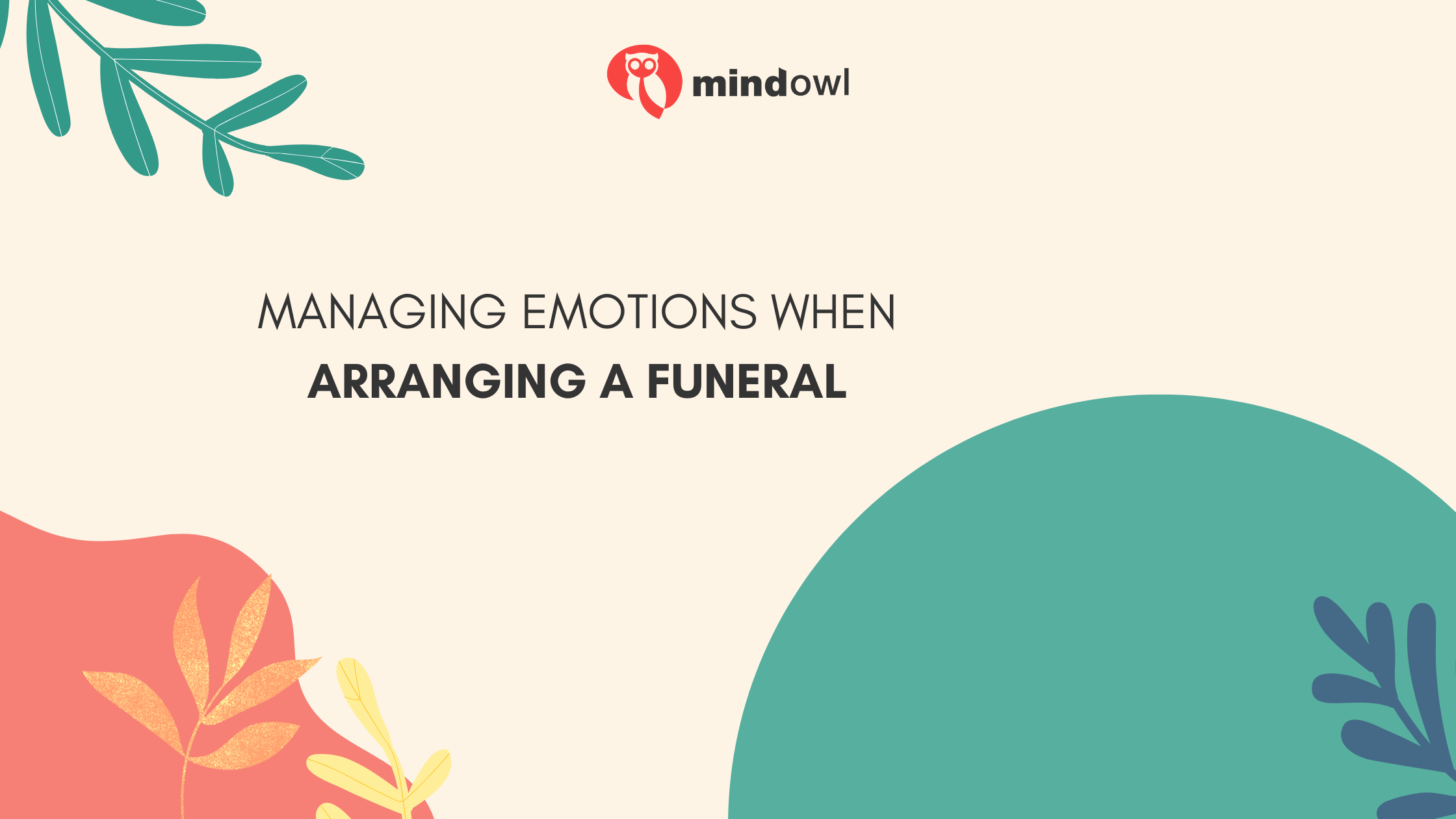Arranging a funeral for a loved one is one of the most emotionally challenging experiences anyone can face. As you navigate the myriad of decisions and responsibilities involved in planning a meaningful farewell, it’s essential to remember that your well-being matters too. While you strive to support your family and friends, it’s vital to prioritize your self-care. This article explores the emotional landscape of funeral planning and offers practical strategies to manage your emotions while caring for others.
Understanding the Emotional Landscape
When faced with the responsibility of arranging a funeral, a wide range of emotions can surface. It’s common to experience grief and sadness as you come to terms with your loss. Alongside these feelings, anxiety about making the right choices can loom large. You may also grapple with guilt, questioning whether you are doing enough for your loved one or if you are grieving “correctly.”
Acknowledging these emotions is crucial. Ignoring them can lead to burnout and affect your ability to be present for others. Understanding that these feelings are a normal part of the grieving process can provide some comfort, allowing you to navigate the complexities of your emotions with compassion.
The Importance of Self-Care
Self-care is often overlooked during times of loss, but it plays a critical role in managing your emotional well-being. When you care for yourself, you are better equipped to support others. This creates a positive ripple effect; your emotional stability can foster an environment of healing for those around you.
Self-care does not mean neglecting your responsibilities. Instead, it involves recognizing your needs and ensuring that you are in a position to help others effectively. By prioritizing self-care, you can find strength in your vulnerability, allowing you to embrace the journey of grief while also being a source of comfort for others.

Practical Strategies for Self-Care
Set Boundaries
One of the first steps in practicing self-care during funeral planning is to set clear boundaries. Understand your limits and communicate them to family and friends. It’s okay to say no to certain tasks or to step back when you need a moment of respite. Setting boundaries helps protect your emotional well-being and ensures that you do not become overwhelmed.
Take Breaks
While planning, it can be easy to lose sight of your own needs. Schedule regular breaks to step away from the tasks at hand. Even short breaks for a walk outside, a moment of quiet reflection, or a cup of tea can recharge your emotional batteries. Consider engaging in calming activities that bring you peace, such as reading, listening to music, or practicing mindfulness.
Seek Support
During this time, it’s crucial to lean on your support network. Friends and family can provide a listening ear, a helping hand, or a shoulder to cry on. Don’t hesitate to reach out for assistance or share your feelings with those you trust. If your emotions feel overwhelming, seeking professional support from a grief counselor or therapist can also be beneficial. Express Your Emotions
Finding healthy outlets to express your emotions can be incredibly therapeutic. Journaling is one way to process your grief, allowing you to reflect on your thoughts and feelings in a safe space. Engaging in creative activities, such as painting, writing, or playing music, can also provide a release for your emotions. These expressions can help you connect with your grief while simultaneously offering an opportunity for healing.
Also, for more information on planning a funeral and caring for yourself during this difficult time, consider visiting Alterna Cremation Winnipeg, which offers resources and support for families navigating this challenging journey.
Managing Stress During Funeral Arrangements
Organizing Tasks
To mitigate stress, create an organized plan for the tasks involved in arranging the funeral. Develop a checklist of necessary decisions and responsibilities to help you stay focused. Delegate tasks to trusted friends or family members who are willing to lend a hand. Sharing responsibilities can lighten your load and foster a sense of community during this trying time.
Mindfulness Practices
Incorporating mindfulness practices into your daily routine can significantly reduce anxiety. Techniques such as deep breathing exercises, meditation, or gentle yoga can help ground you in the present moment. Mindfulness can cultivate a sense of calm and clarity, allowing you to navigate the emotional landscape of funeral planning with greater ease.
Balancing Responsibilities and Emotions
It’s essential to acknowledge the complexity of your emotions while making decisions. Allow yourself the space to feel your grief without judgment. Remember that there is no right or wrong way to grieve, and it’s okay to take breaks from decision-making when needed.
When faced with choices that honor your loved one, consider how they align with your values and emotional capacity. Reflect on what would truly bring comfort and closure for you and your family. If you find yourself feeling overwhelmed, don’t hesitate to step back and seek help from those around you.
Conclusion
Caring for yourself while caring for others during the process of arranging a funeral is not only possible but essential. By acknowledging your emotions, setting boundaries, and practicing self-care, you can navigate this challenging journey with greater resilience. Remember that your well-being matters, and prioritizing self-care will ultimately enhance your ability to support your loved ones.
As you traverse the path of grief, lean on your community for support and allow yourself the grace to feel and heal. Your journey may be filled with ups and downs, but by taking care of yourself, you can honor your loved one’s memory while also nurturing your own emotional health.
MindOwl Founder – My own struggles in life have led me to this path of understanding the human condition. I graduated with a bachelor’s degree in philosophy before completing a master’s degree in psychology at Regent’s University London. I then completed a postgraduate diploma in philosophical counselling before being trained in ACT (Acceptance and commitment therapy).
I’ve spent the last eight years studying the encounter of meditative practices with modern psychology.

